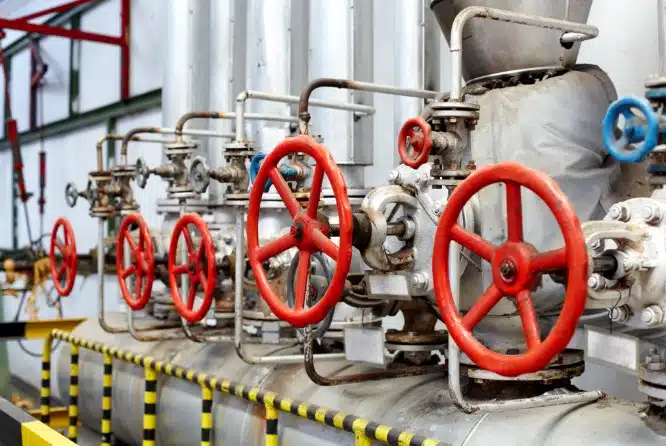Valves are essential components in various industrial applications, including the processing of oil and gas, water treatment, power generation, and chemical manufacturing. They control the flow of liquids, gases, and other materials through pipelines, ensuring that the process runs smoothly and safely. When it comes to purchasing industrial valves, it’s essential to consider several factors to ensure you’re making the right decision. In this blog post, we’ll guide you through the process of buying industrial valves and help you make an informed purchase.

5 Step Suggestions for industrial valve buyers
Step 1: Determine the type of valve you need (An important question for Industrial Valve Buyers)
The first step in buying industrial valves is to determine the type of valve that is appropriate for your application. There are several types of industrial valves, including ball valves, gate valves, globe valves, check valves, and diaphragm valves, among others. Each type of valve is designed to perform specific functions, and choosing the right type will depend on the characteristics of the fluid or material you’re handling, the temperature and pressure of the system, and the level of control you need.

Step 2: Consider the size and pressure ratings
Another important factor to consider when buying industrial valves is the size and pressure rating. Valves come in different sizes and pressure ratings, and you must choose the appropriate size and pressure rating for your system. The size of the valve is determined by the diameter of the pipeline it will be installed on, and the pressure rating will depend on the maximum pressure the valve can withstand without failing. It’s essential to choose a valve with the correct size and pressure rating to ensure it operates safely and effectively.
Step 3: Check for certifications and compliance
When purchasing industrial valves, it’s essential to ensure that they meet relevant certifications and compliance requirements. This will help you avoid purchasing substandard products that may fail prematurely or pose a safety hazard. The most common certifications for industrial valves include API, ISO, and CE. Make sure the valve you choose meets the necessary certifications and standards for your industry and application.
Step 4: Evaluate the manufacturer
The reputation of the manufacturer is another important factor to consider when buying industrial valves. You want to purchase valves from a reputable manufacturer with a history of producing high-quality products. Look for manufacturers with a solid track record of producing valves that are reliable, safe, and durable. You can research the manufacturer’s history and customer feedback to get a better understanding of its reputation.
Step 5: Consider the cost
The cost of industrial valves is another important factor to consider, and it’s essential to find a balance between price and quality. While it may be tempting to opt for the cheapest option, this may not always be the best decision in the long run. High-quality valves can be more expensive, but they are typically more reliable and will last longer, saving you money in the long run.

In conclusion, when buying industrial valves, it’s essential to consider several factors to ensure you’re making an informed decision. From determining the type of valve you need, to evaluating the manufacturer and considering the cost, these are all crucial factors that will impact the success of your industrial application. By taking the time to consider these factors, you can be confident that you’re making the right decision and purchasing industrial valves that will meet your needs and provide long-lasting performance. THINKTANK is one of the best industrial valve manufacturers in China, so if you have any questions, please do not hesitate to contact us for a free consultation.





